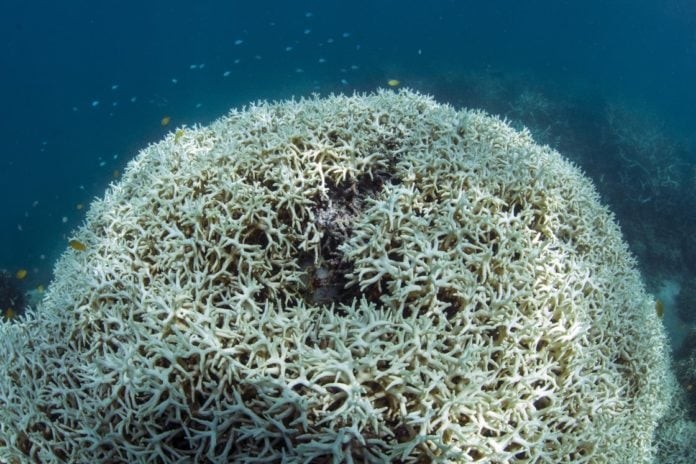While 2016 saw a sizeable number of corals in Australia’s Great Barrier Reef die off due to higher ocean temperatures, other corals in that same ecosystem survived, and scientists now think they have a handle on why.
Terry Hughes, a coral reef expert at Australia’s James Cook University, told The New York Times that the corals with the highest sensitivity to heat died, but those corals that weren’t as sensitive survived:
“It’s one enormous natural selection event. So when the heat returned in 2017, the susceptible corals had been substantially depleted. The new coral assemblage, if you like, at the beginning of the second heat waves, was made up predominantly of the more heat-tolerant species, the more robust ones.”
Cook was the lead writer of a research paper on this topic recently published in Nature Climate Change.

